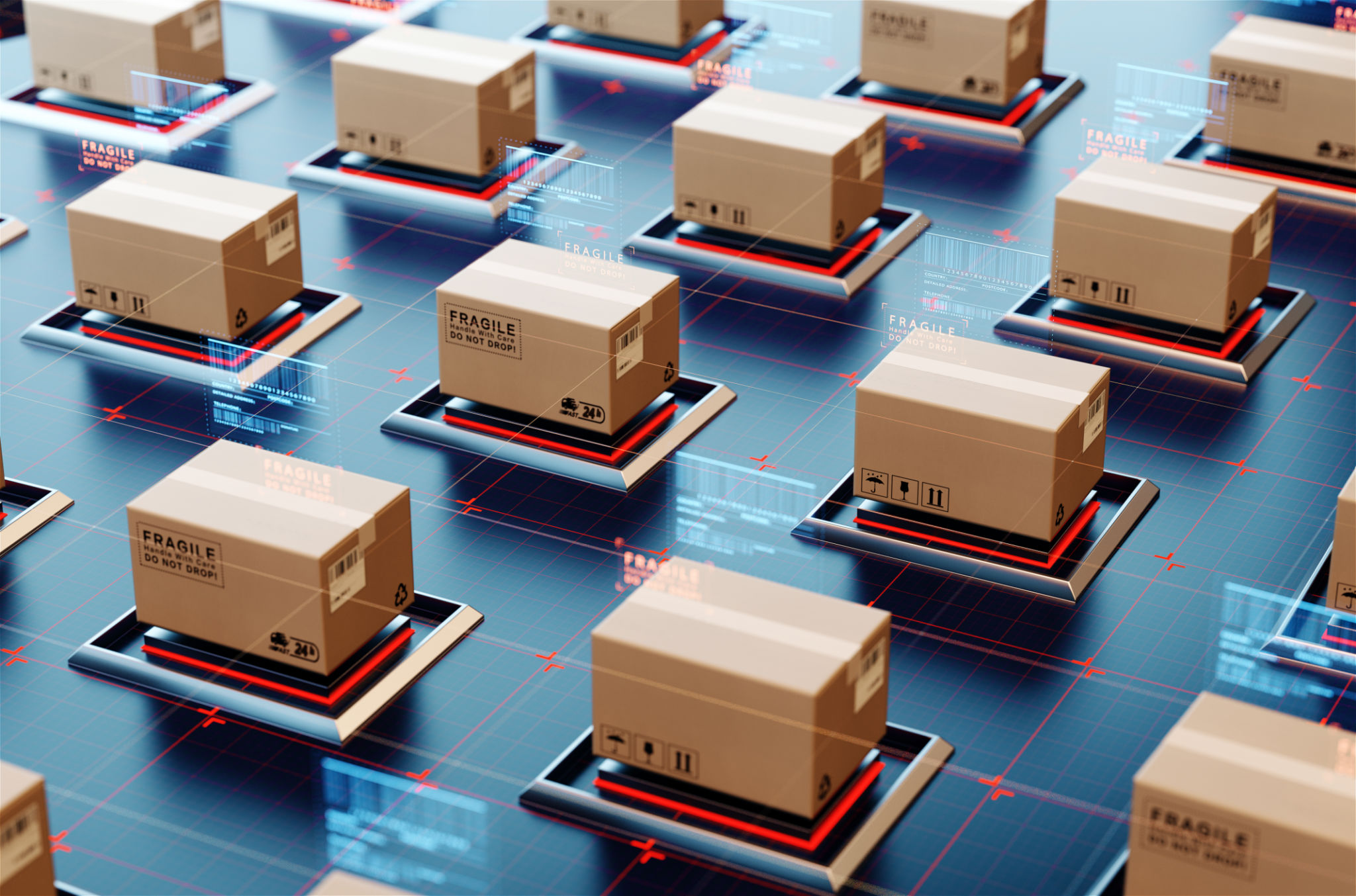The Role of Blockchain in Future Technology Innovations
Introduction to Blockchain Technology
Blockchain technology has emerged as a revolutionary force, fundamentally changing how we think about data and transactions. Initially developed as the underlying technology for cryptocurrencies like Bitcoin, blockchain has since transcended its original purpose, finding applications across a wide range of industries. Its decentralized nature, enhanced security features, and ability to create trust without intermediaries are just a few reasons why blockchain is set to play a pivotal role in future technological innovations.
Decentralization and Security
One of the most significant advantages of blockchain technology is its decentralization. Unlike traditional systems that rely on central authorities, blockchains operate on a peer-to-peer network where each participant has access to the entire database. This decentralized structure not only enhances security but also reduces the risk of data breaches and fraud. As cybersecurity becomes increasingly important, blockchain's role in providing secure digital environments will be indispensable.

Enhancing Transparency and Trust
Transparency is another critical feature of blockchain technology. Each transaction recorded on a blockchain is immutable and visible to all participants, ensuring complete transparency. This transparency builds trust among users, making blockchain an ideal solution for industries where trust and accountability are paramount, such as finance, supply chain, and healthcare. By providing a clear, tamper-proof record of transactions, blockchain can eliminate disputes and streamline operations.
Impact on Supply Chain Management
The supply chain industry is one of the sectors that stands to benefit the most from blockchain technology. By using blockchain to track products from their origin to the final consumer, companies can ensure product authenticity, reduce counterfeiting, and improve efficiency. This level of traceability can also help companies meet regulatory requirements and enhance customer satisfaction by providing detailed information about product sourcing and handling.

Blockchain in Healthcare
The healthcare industry is ripe for disruption by blockchain technology. With patient data scattered across various systems and institutions, managing health records can be challenging. Blockchain offers a solution by providing a unified, secure platform for storing and sharing patient information. This not only improves data accuracy and accessibility but also enhances patient privacy. Furthermore, blockchain can streamline processes such as insurance claims and clinical trials, reducing costs and improving outcomes.
Smart Contracts: Revolutionizing Agreements
Smart contracts are self-executing contracts with the terms of the agreement directly written into code. These contracts automatically execute actions when predefined conditions are met, reducing the need for intermediaries and minimizing the risk of human error. Blockchain's capability to host smart contracts is transforming industries like real estate, legal services, and finance by making transactions more efficient and reliable.

Potential Challenges and Considerations
Despite its potential, blockchain technology faces several challenges that need to be addressed before widespread adoption can occur. Scalability remains a significant concern, as current blockchain networks struggle to handle large volumes of transactions quickly. Additionally, energy consumption associated with blockchain operations is another issue that demands attention. As innovators work to overcome these challenges, the future of blockchain looks promising.
The Future Outlook
As we look towards the future, it's clear that blockchain technology will continue to evolve and integrate into various sectors. Innovations in scalability solutions, like sharding and layer 2 protocols, aim to address current limitations, paving the way for broader applications. As businesses and governments begin to recognize the potential of blockchain, its role in driving digital transformation will become increasingly significant.

In conclusion, blockchain technology is poised to reshape the technological landscape by offering enhanced security, transparency, and efficiency across numerous industries. While challenges remain, the ongoing development and adoption of blockchain solutions promise a future where technology innovations are more accessible, reliable, and trustworthy.
